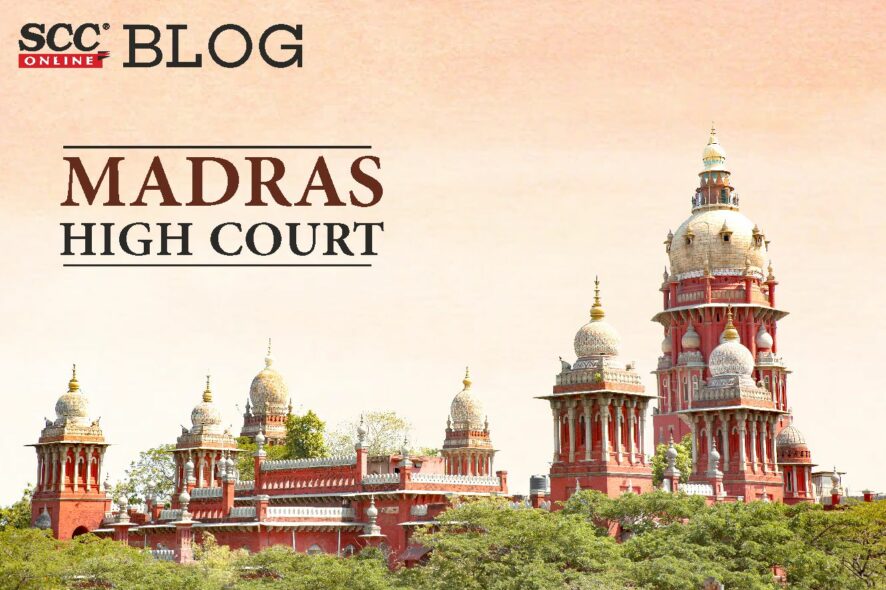Madras High Court: A writ petition filed under Article 226 of the Constitution of India praying for the issuance of a writ of mandamus and for directing the respondent to forward petitioner’s application to the State to obtain citizenship, Swaminathan, J. said that the Citizenship Amendment Act, 2019 has included persecuted minorities from Pakistan, Bangladesh and Afghanistan, and it does not mention the citizens from Sri Lanka, however, the same principle must be applied to other migrants who are genealogically rooted in the soil, speak the same language and share the same culture.
The Court noted that the parents of the petitioner are Sri Lankan citizen who fled Sri Lanka due to ethnic strife, and the petitioner was born in India and has lived in the country her whole life, where she had her education, and has the Aadhar card issued in her name. The Court referred to its decision in P. Ulaganathan v. Govt. of India, 2019 SCC OnLine Mad 8870, wherein this Court dealt with citizenship of Sri Lankan refugees and held that the petitioners were permitted to apply afresh and directed the District Magistrate/ Governor to forward their new applications to the Central government, who were directed to decide on the applications within 3 months’ time, considering the unique situation of the petitioners and to not send the applicants back. Moreover, the petitioners can invoke Article 21 of the Constitution as it applies to all the persons, citizens and non- citizens as the petitioners had demonstrated their intention in making India their permanent home. Further, the Central Government cannot hide behind Section 5 of the Citizenship Act, 1955 as it has an implied power to grant relaxation.
The Court viewed that though the petitioner is born to migrant parents, she was born in India, so there can be no issue of her renouncing a previous citizenship. Further, it added that in case the petitioner’s request for citizenship is denied, that would lead to her statelessness, which must be avoided.
The Court further observed that the Parliament recently amended the Citizenship Act, 1955 to include persecuted minorities from Pakistan, Bangladesh and Afghanistan, and though the citizens from Sri Lanka are not included in the amendment, the same principle must be applied to other migrants who are genealogically rooted in the soil, speak the same language and share the same culture.
Additionally, the Court viewed that the Hindu Tamils of Sri Lanka were the primary victims of the racial strife in Sri Lanka. Further, though the Central Government has to take a call in this matter, there cannot be any impediment for considering the petitioner’s request. Thus, the Court held that the Government should not to have declined to forward the writ petitioner’s application for eventual consideration by the Central Government.
The Court further ordered the district collector to direct the petitioner’s application to the State of Tamil Nadu, from where it should be forwarded to the Central Government fordeciding the application on its merits within sixteen weeks.
[Abirami S. v. Union of India, Writ Petition (MD) No. 12361 of 2022, decided on 11.10.2022]
Advocates who appeared in this case :
For Appellants: Advocate Srikanth;
For Respondents: Assistant Solicitor General L. Victoria Gowri;
Additional Government Pleader M. Sarangan;







